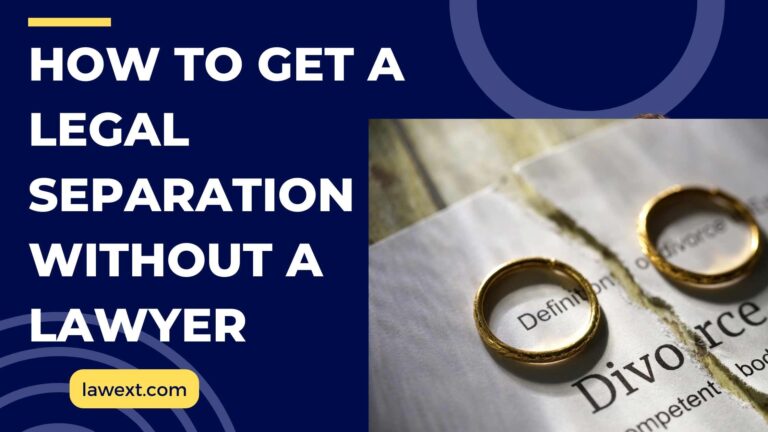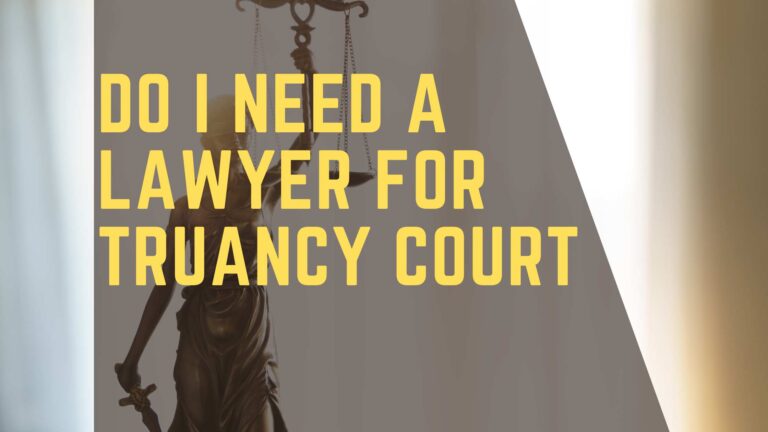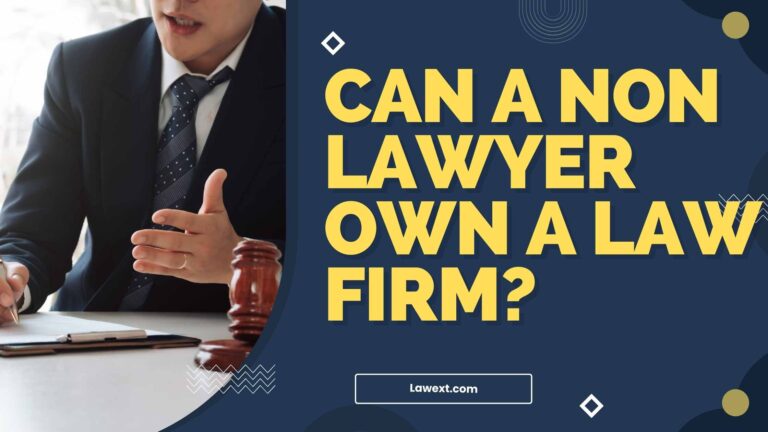How to Ask Your Lawyer About Your Settlement?
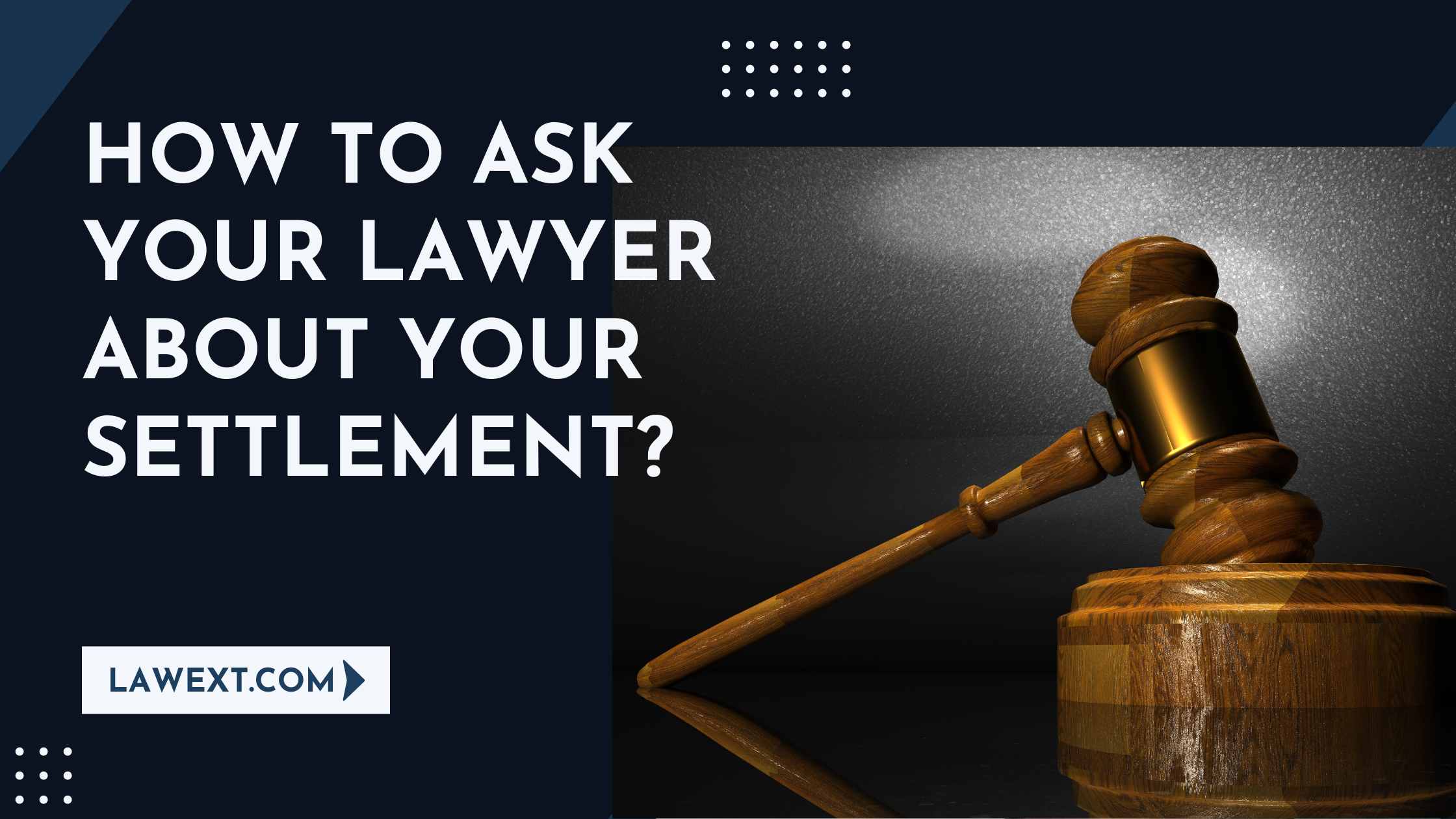
To ask your lawyer about your settlement, express your concerns clearly and ask for a detailed explanation of the process and expected outcomes. In doing so, you can gain a better understanding of the settlement and make informed decisions.
Table of Contents
How to Ask Your Lawyer About Your Settlement? Legal settlements can have a significant impact on your life, especially if you are seeking compensation for injuries or damages. However, understanding the intricacies of such settlements can be quite complex and overwhelming. That’s where your lawyer comes in. By openly communicating with your lawyer and asking the right questions, you can gain crucial insights into your settlement and ensure that you are making informed decisions.
We will explore some key points to consider when asking your lawyer about your settlement. From expressing your concerns to seeking detailed explanations, these steps will help you navigate the process effectively and confidently. So, let’s dive in and discover how to approach this conversation with your lawyer to ensure clarity and peace of mind.
Credit: smithandhassler.com
Understanding Your Settlement
When you are involved in a legal matter and reaching a settlement, it is crucial to have a clear understanding of what that settlement entails. This understanding will help you make informed decisions and ensure that you receive what you are entitled to. In this section, we will discuss the importance of understanding your settlement, the components involved, and the different types of settlements you may encounter.
Before accepting a settlement offer, it is essential to comprehend all the details and implications associated with it. Understanding your settlement is crucial because:
- It allows you to assess whether the terms are fair and reasonable for your situation.
- It helps you determine if the settlement adequately addresses all aspects of your case.
- It enables you to make informed decisions and evaluate the potential outcomes of accepting or rejecting the settlement.
- It prevents any surprises or misunderstandings that could arise from a lack of knowledge about the settlement.
By taking the time to understand your settlement, you can ensure that your rights are protected and that you are receiving a fair resolution.
A settlement typically consists of various components that outline the terms and conditions of the agreement. These components may include:
- The amount of compensation you will receive.
- Specific obligations or actions required from both parties involved.
- Confidentiality agreements or non-disclosure clauses.
- Release of liability.
- Any additional provisions or conditions unique to your case.
Understanding these components will help you grasp the scope and impact of the settlement and ensure that your interests are protected.
Settlements come in various forms, depending on the nature of your legal matter. Some common types of settlements include:
| Type of Settlement | Description |
|---|---|
| Personal Injury Settlement | Compensation paid to a person who suffered injuries due to someone else’s negligence or intentional actions. |
| Employment Settlement | Resolution of disputes between employers and employees, often involving issues like discrimination, wrongful termination, or workplace harassment. |
| Divorce Settlement | Agreement between divorcing spouses that determines the division of assets, child custody, support, and other related matters. |
| Business Settlement | Resolution of disputes or agreements between business entities, such as contract disputes, partnership dissolutions, or intellectual property infringement. |
Understanding the type of settlement you are pursuing or have been offered is essential to navigate the legal process effectively and ensure a favorable outcome.

Preparing For The Meeting
2.1 Gathering Relevant Documents
Before meeting with your lawyer to discuss your settlement, it’s crucial to gather all pertinent documents related to your case. This could include medical records, police reports, insurance paperwork, and any correspondence with the other party. Having these documents organized and readily accessible will facilitate a more productive conversation with your lawyer.
2.2 Identifying Your Questions And Concerns
Prior to the meeting, take some time to jot down any specific questions or concerns you may have about your settlement. This will ensure that you don’t forget anything and that you can fully understand the details of your case. Your lawyer can provide clarity on any unclear points and address any uncertainties you may have.
2.3 Setting Realistic Expectations
It’s essential to approach your settlement discussions with realistic expectations. Your lawyer can help you understand what factors may affect the outcome of your case and what a reasonable settlement might look like. Setting realistic expectations will help prevent disappointment and allow for a more constructive dialogue with your lawyer.
Essential Questions To Ask
When it comes to understanding your settlement, asking the right questions is key. To ensure you have a thorough understanding of your case and the financial implications, it’s important to communicate openly with your lawyer. Here are some essential questions you should ask:
3.1 What Does The Settlement Cover?
Understanding what the settlement covers is crucial in assessing its true value. Ask your lawyer to provide an itemized breakdown of what expenses, damages, or losses are included in the settlement. This will help you determine whether the settlement adequately compensates you for all aspects of your case.
3.2 How Was The Settlement Amount Determined?
Knowing how the settlement amount was determined can shed light on the strengths and weaknesses of your case. Ask your lawyer to explain the factors that influenced the settlement, such as medical expenses, lost wages, pain and suffering, or other relevant considerations. This will help you understand the rationale behind the offer and whether it is fair.
3.3 Are There Any Tax Implications?
Tax implications can significantly impact the net amount you receive from your settlement. Make sure to ask your lawyer about any potential tax obligations and deductions related to your settlement. Understanding the tax consequences will help you plan your finances accordingly and avoid any surprises when tax season comes around.
3.4 How Will The Settlement Be Paid?
It’s essential to clarify the payment method of your settlement. Will the settlement be paid in a lump sum or through structured payments? Discuss this with your lawyer to understand the options available and to determine which payment method best suits your financial needs and goals.
3.5 What Are Your Responsibilities After The Settlement?
Once the settlement is finalized, it’s important to know what comes next. Are there any ongoing responsibilities or obligations on your part? Inquire with your lawyer about any post-settlement requirements, such as signing release forms, adhering to confidentiality agreements, or resolving outstanding medical bills. Understanding your responsibilities will ensure the smooth resolution of your case.

Credit: theclardylawfirm.com
Addressing Concerns
Wondering how to address your concerns about your settlement to your lawyer? Here are some tips on how to ask your lawyer about your settlement in a clear and effective manner.
Addressing Concerns
When it comes to your settlement, it’s natural to have certain concerns and questions. Addressing these concerns with your lawyer is crucial to fully understand the process and ensure the best possible outcome for your case. In this section, we will look at some common concerns and questions you may have when discussing your settlement with your lawyer.
Can the Settlement Amount Be Negotiated?
One of the first questions you may have is whether or not the settlement amount can be negotiated. It’s important to note that settlements are typically the result of negotiation between the parties involved. Your lawyer will be able to assess the strength of your case and negotiate with the other party or their insurance company on your behalf.
What Happens if the Other Party Doesn’t Comply?
It’s natural to worry about what will happen if the other party involved in your case doesn’t comply with the terms of the settlement. If the other party fails to meet their obligations, your lawyer can help you take legal action to enforce the settlement agreement. This may involve filing a lawsuit or seeking further negotiations to ensure compliance.
Can I Appeal the Settlement?
In some cases, you may feel that the settlement reached doesn’t adequately address your needs or the damages you have suffered. If this is the case, you might wonder if it’s possible to appeal the settlement. Generally, settlements are final and binding, and the terms of the agreement are agreed upon by both parties. However, there may be circumstances where an appeal is possible. Your lawyer can advise you on whether or not appealing the settlement is a viable option in your specific case.
What If I Have Additional Legal Questions?
Throughout the settlement process, you might have additional legal questions that arise. It is important to understand your rights and obligations fully. Your lawyer is there to guide you and provide the necessary legal advice to address any concerns you may have. They can help you navigate the complexities of the settlement process and ensure that you are well-informed every step of the way.
In conclusion, addressing your concerns with your lawyer is vital when it comes to understanding your settlement and ensuring a fair resolution. By discussing key questions, such as negotiation possibilities, non-compliance scenarios, appeal options, and additional legal queries, you can obtain the guidance and clarification you need. Remember, your lawyer is your advocate, ready and willing to help you throughout the settlement process.
Follow-up Actions
5.1 Documenting The Discussion
When you have conversations with your lawyer about your settlement, it’s critical to document these discussions. Take detailed notes on what was discussed, including any instructions or advice provided by your lawyer. Record the date, time, and key points of the conversation to have a clear record of the information shared. This documentation can serve as a valuable reference for future communication and provide you with a record of the steps taken during the settlement process.
5.2 Taking Note Of Next Steps
As you discuss your settlement with your lawyer, be sure to clarify any next steps that need to be taken. Take note of any deadlines or actions required from your end, as well as any commitments from your lawyer. This can help ensure that you stay organized and on track with the settlement process. Having a clear plan of action and understanding the next steps can provide peace of mind and clarity as you move forward.
5.3 Seeking Further Legal Advice If Needed
If you find yourself in need of additional clarification or have lingering questions about your settlement, consider seeking further legal advice. Don’t hesitate to request a follow-up meeting with your lawyer to address any concerns or uncertainties. Seeking further legal advice can help ensure that you have a comprehensive understanding of the settlement process and can make informed decisions about your case.
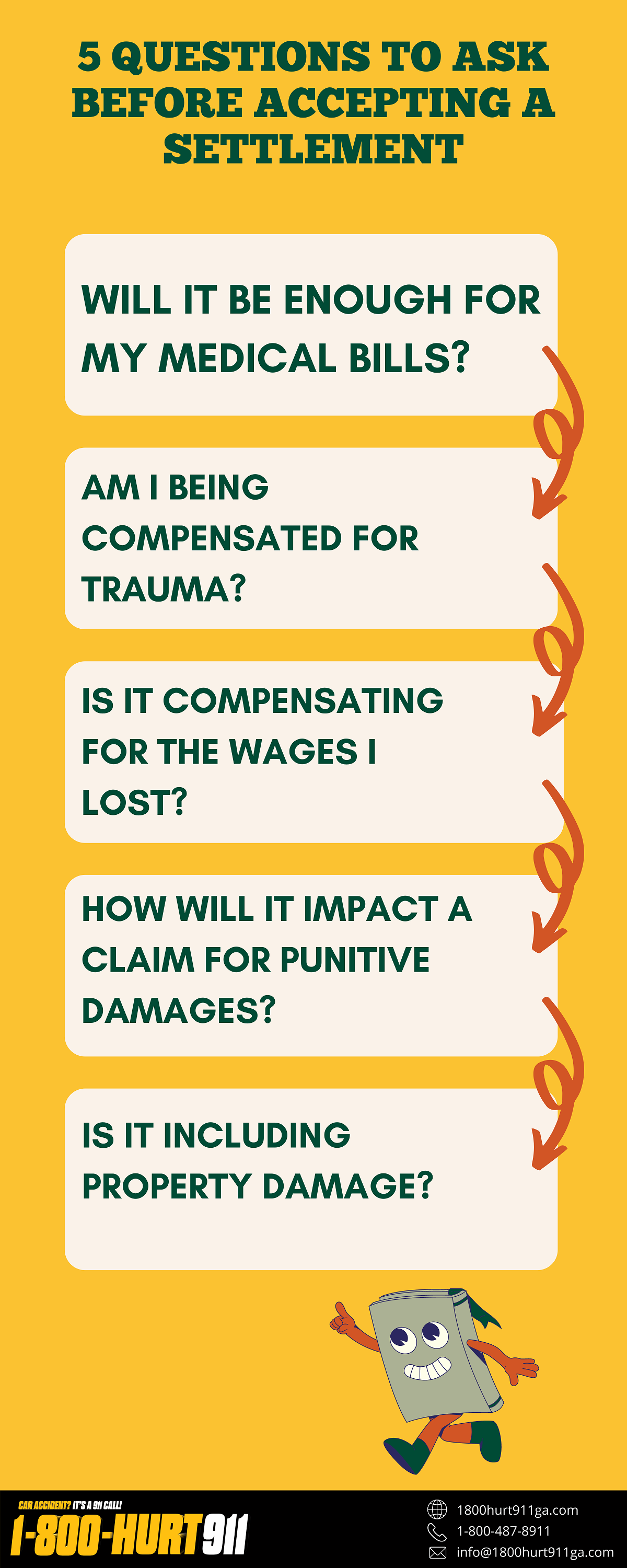
Conclusion
Asking your lawyer about your settlement is a crucial step in the legal process. Effective communication and understanding your rights are essential for a successful outcome. By being proactive and seeking clarification on any concerns, you can ensure that you receive fair compensation for your claim.
Amelia Justiceberg, a distinguished legal luminary, thrives on the intersection of empathy and legal acumen. As a prominent family law attorney, she orchestrates compassionate resolutions amidst complex dynamics. Justiceberg's courtroom finesse and dedication to fairness define her practice. Beyond litigation, she ardently advocates for social justice, solidifying her reputation as an influential force in the legal landscape.

